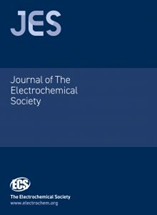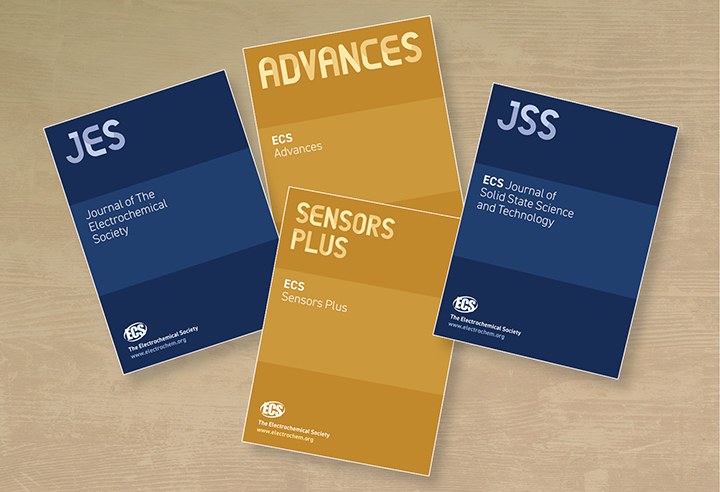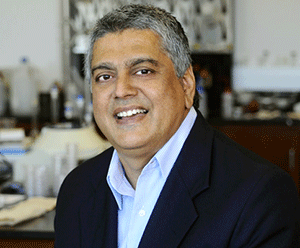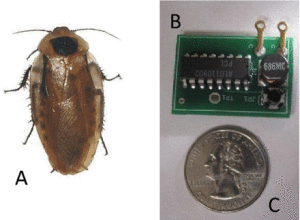 The Electrochemical Society (ECS) proudly spotlights Dr. Andrew Hillier of Iowa State University (ISU) following his recent appointment as Technical Editor for the Journal of The Electrochemical Society (JES) in the Physical and Analytical Electrochemistry, Electrocatalysis, and Photoelectrochemistry topical interest area. This well-earned promotion from his role as Associate Editor reflects Dr. Hillier’s deep commitment to excellence in electrochemical science and scholarly publishing.
The Electrochemical Society (ECS) proudly spotlights Dr. Andrew Hillier of Iowa State University (ISU) following his recent appointment as Technical Editor for the Journal of The Electrochemical Society (JES) in the Physical and Analytical Electrochemistry, Electrocatalysis, and Photoelectrochemistry topical interest area. This well-earned promotion from his role as Associate Editor reflects Dr. Hillier’s deep commitment to excellence in electrochemical science and scholarly publishing.
A dedicated ECS member since 1992, Dr. Hillier has made enduring contributions to the Society over more than three decades. In addition to his editorial leadership, he is a past Chair of the ECS Physical and Analytical Electrochemistry Division, where he fostered innovation, collaboration, and professional growth within the community. (more…)






